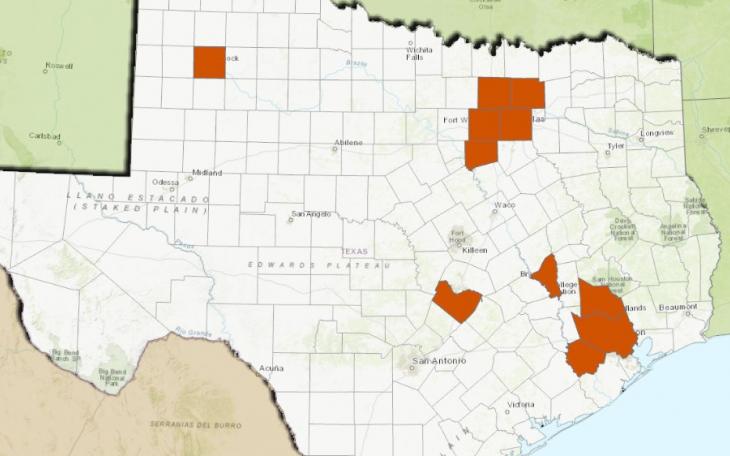SAN ANGELO, TX – The Texas Department of Agriculture reminding horse owners to be on the lookout for horse herpes after a case was confirmed in North Texas last month.
According to the Texas Animal Health Commission, a quarter horse from Parker County was diagnosed with Equine Herpes Myeloencephalopathy or EHM, a neurological disease linked to the equine herpes virus.
The horse underwent testing after showing neurologic signs associated with the virus.
“The positive horse has not recently attended any events or known to have come in direct contact with horses from other premises,” said Dr. Andy Schwartz, State Veterinarian, and TAHC Executive Director. "Since EHM is transmitted through direct horse-to-horse contact, short distance aerosol, or contaminated tack, we believe the risk for disease transmission is very low.”
As a result of the positive test, the location where the horse resides was placed in quarantine and the horse remains under medical observation.
According to experts, EHM can cause four syndromes in horses.
For more equine related news check out: Man Charged After Committing Bestiality With Horses
“It can cause abortion, respiratory disease, neonatal infection, or neurologic disease,” said Dr. Bob Judd. “Although there are vaccines to prevent the other forms of the disease—the respiratory illness, neonatal disease, and abortion—there is currently no vaccine available to prevent neurologic disease. So, it’s a real serious problem.”
According to TAHC, clinical signs of EHM include:
- fever of 102°F or greater
- nasal discharge
- lack of coordination
- hindquarter weakness
- leaning or resting against walls or fences to maintain balance
- lethargy
- urine leakage
- head tilt
- diminished tail tone
- penile paralysis
“This is a reportable disease, which not all equine neurological diseases are reportable,” Judd said. “But this particular disease is scary because there’s no way to prevent it, so horse owners and their veterinarians should definitely report this to TAHC if it’s confirmed. Especially if they’ve been at an event, which is typically the place where a lot of these horses will break out with this disease.”
Subscribe to the LIVE! Daily
Required






Post a comment to this article here: